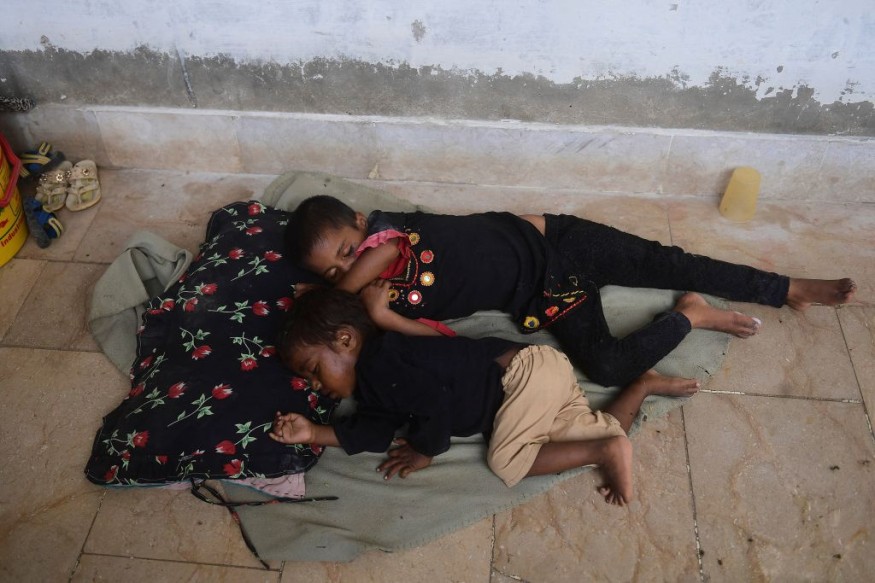
The climate crisis poses an "existential risk" to the health and well-being of all children, and prompt action is required to address it.
Air pollution, harsh weather, and enormous energy costs were having a significant and negative impact on millions of youngsters, according to Britain's most senior pediatrician.
Rising Temperature
Multiple studies have indicated that rising temperatures around the world as a result of the climate catastrophe are having a detrimental effect on fetuses, newborns, and children.
Scientists have found that the climate emergency is increasing the danger of premature delivery and hospitalization of young children, as well as weight gain in babies.
According to research, pollution can hinder children's lung growth, cause asthma, and have an impact on blood pressure, cognitive ability, and mental health.
"Climate change is no longer tomorrow's problem, it's today's," Dr Camilla Kingdon, the president of the Royal College of Pediatrics and Child Health (RCPCH) said. "Healthcare professionals across the UK are already seeing its impact first-hand."
She added that air pollution is the most serious environmental threat to public health in the United Kingdom.
Children absorb more airborne contaminants in proportion to their weight than adults exposed to the same quantity of air pollution. As a result, kids are more exposed to air pollution, which can cause childhood asthma and long-term health problems.
According to Kingdon, the damage done to children by the climate catastrophe was not confined to poor physical health. Climate change has a major and potentially long-term impact on children's mental health.
Read Also : African Children Exposed To Environmental Shocks Making Them High Risk To Climate Change
Low-income Families
Climate change poses an existential risk to the health and wellbeing of all children. However, the current impacts of climate change are not experienced equally.
Kingdon said that low-income households had fewer options for where they lived, were more likely to reside in impoverished regions, and were thus more vulnerable to extreme weather events and poorer air quality.
Children are concerned about climate change, and the mental health effects, such as post-traumatic stress disorder, depression, anxiety, phobias, sleep disorders, attachment disorders, and substance misuse, might interfere with learning, behavior, and academic performance.
As a result of increased winter precipitation in the UK, the climate crisis is causing more damp and cold buildings. Homes for low-income households may be too expensive to heat adequately, increasing their vulnerability to cold and mold.
"Every child is at grave risk of the effects of our changing climate, but none more so than children in lower-income families," Kingdon said.
Extreme weather events, exacerbated respiratory diseases from unclean air, and even increasing incidences of cancer, diabetes, and obesity pose a greater risk of death for these children.
The RCPCH wants UK Prime Minister Rishi Sunak to designate a cabinet minister for children and to prioritize child health in climate-related decisions.
Kingdon slammed Sunak's reversal of net zero plans, claiming that the country's most vulnerable children would face the brunt of the burden as a result.
A recent United Nations report said that extreme weather events resulted in almost 43 million child displacements between 2016 and 2021.
Floods and storms accounted for 95% of observed child relocation in the said years.
Related Article : Climate Change: Unborn Children From Morwell Fire Has Increased Risk of Respiratory Infection
Related Video:
© 2026 NatureWorldNews.com All rights reserved. Do not reproduce without permission.





